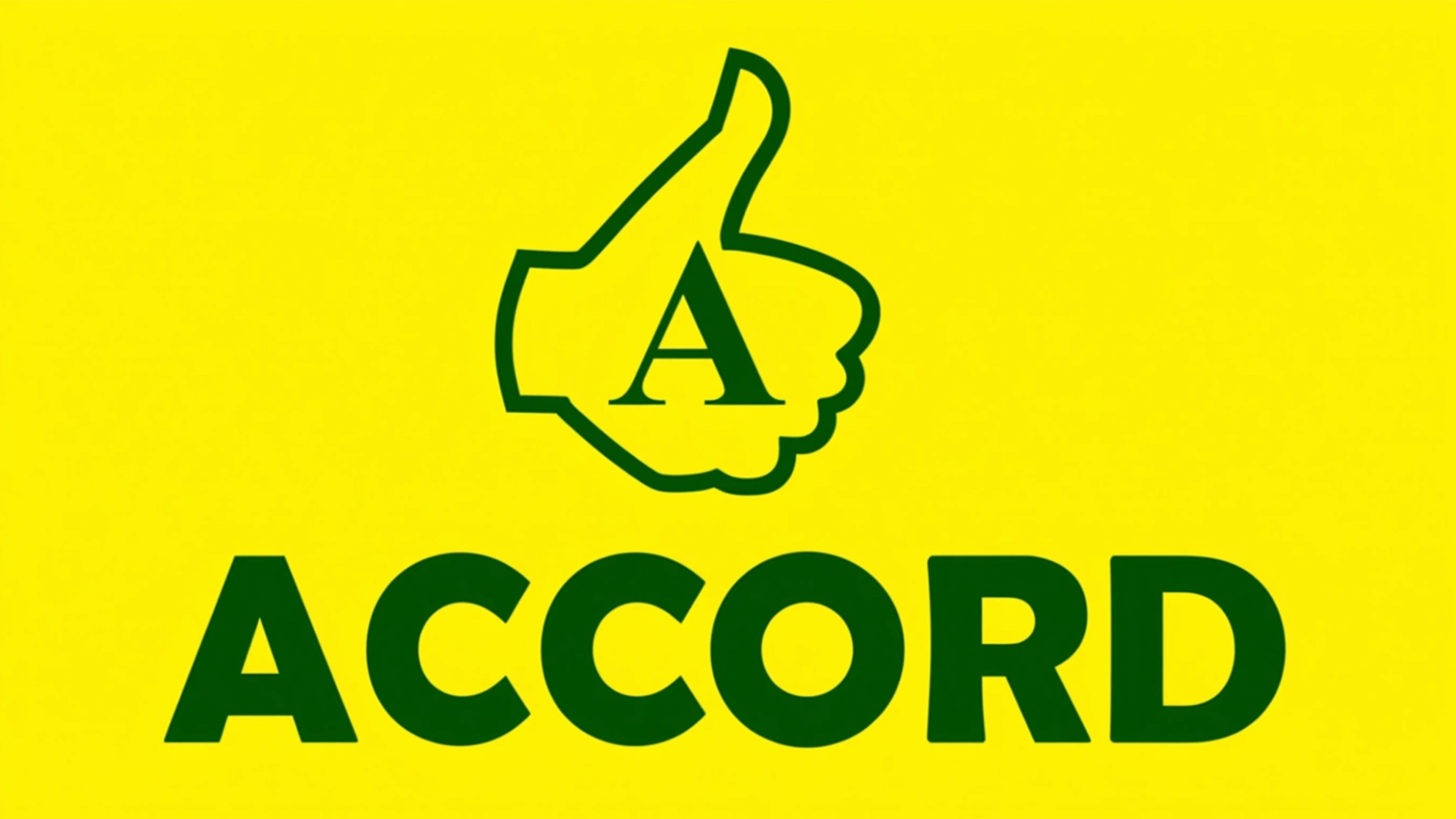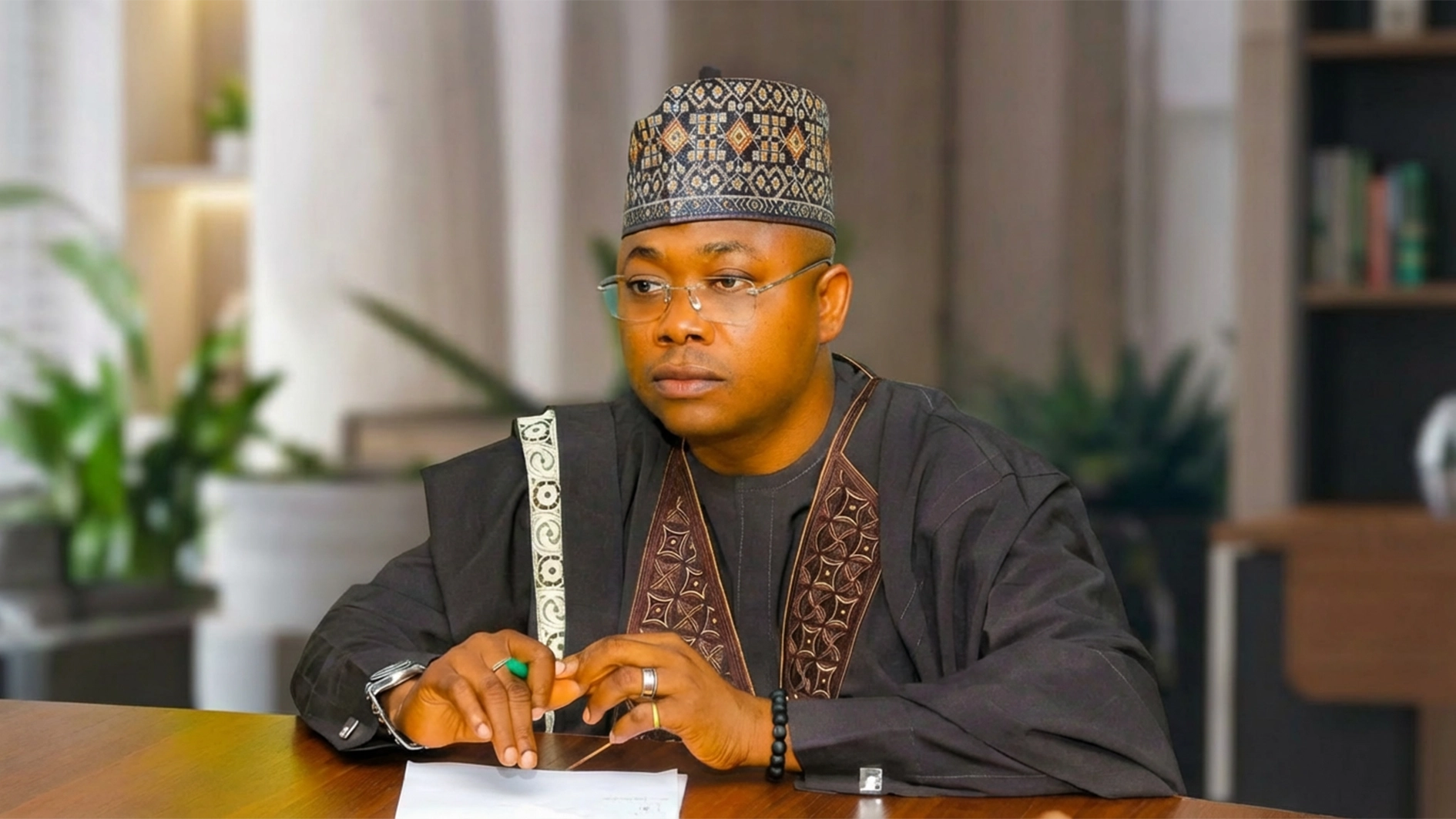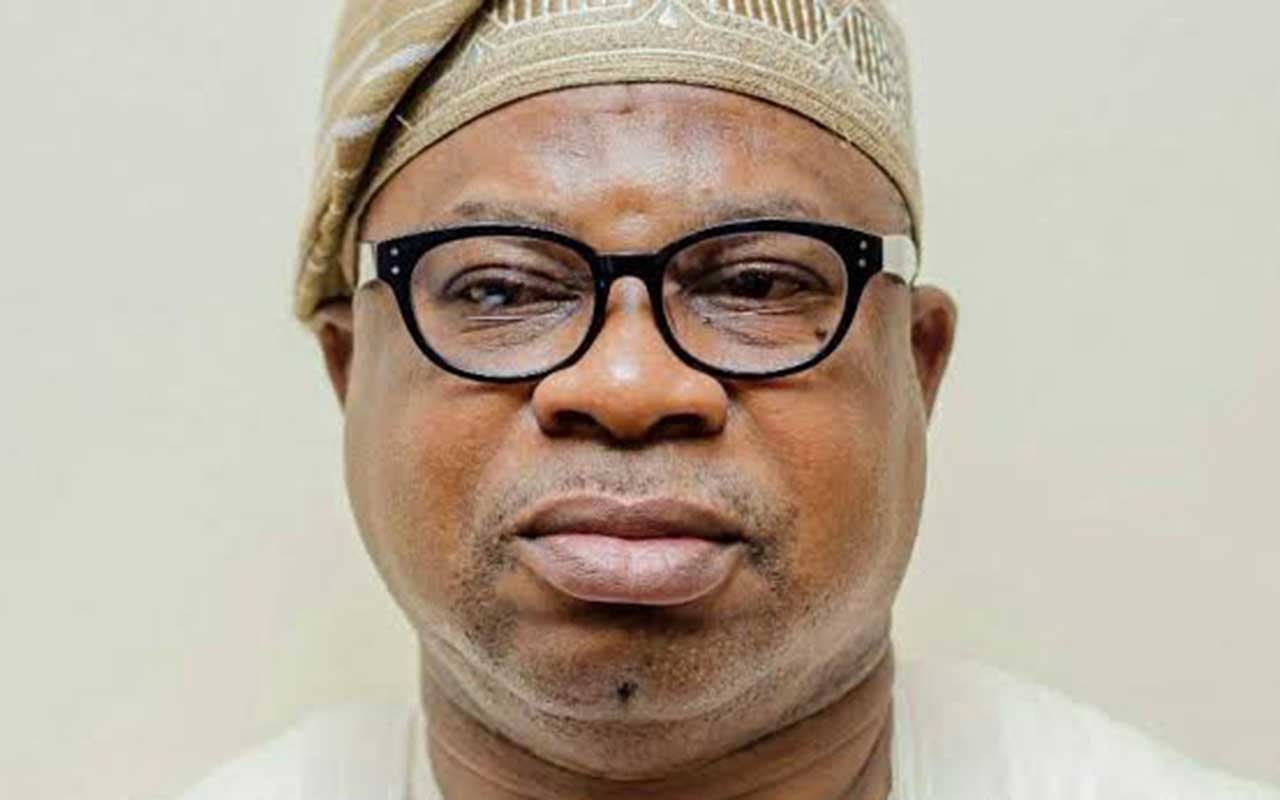With former presidential candidate of the New Nigeria Peoples Party (NNPP) Rabiu Musa Kwankwaso and former Kaduna State governor Nasir el-Rufai slugging it out in the race for northern political dominance, the contest is sapping momentum from President Bola Tinubu and the All Progressives Congress’ (APC) efforts to gain more support in the region ahead of the 2027 elections. LEO SOBECHI reports.
Never before has the northern part of Nigeria been in such a fervent political pitch since the immediate post-independence era. The build-up to the 2027 general elections, in which a southern political leader from the famous Awolowo enclave is seeking re-election, has roused the former enclave of the Sardauna into precipitating multi-pronged political alternatives.
At issue are two propositions: Who should be the North’s leader, and, therefore, who charts the political future of Arewa? Interestingly, two major political characters have emerged as the frontline competitors.
Surprisingly, not even the incumbent Vice President Kashim Shettima, or his distant predecessor, Atiku Abubakar, is in contention. The two contenders, who happen to come from the North-West flank, are the former presidential candidate of the New Nigeria Peoples Party (NNPP), Rabiu Musa Kwankwaso, and the immediate past governor of Kaduna State, Nasir el-Rufai.
Although the two politicians found themselves together on the same political party platform during the merger arrangement that birthed the All Progressives Congress (APC) in 2013, they left in a bid to establish their political signatures. Kwankwaso, who left earlier and rejoined the Peoples Democratic Party (PDP) in the lead-up to the 2019 general elections, decided to leave the platform when former Vice President Atiku Abubakar and then Sokoto State governor, Aminu Waziri Tambuwal, combined to make things inclement for him.
Towards 2023, when the former Kano State governor adopted the NNPP as his platform for political expression, it was generally believed that he would re-enact a similar feat attempted by Waziri Ibrahim and Aminu Kano. Every move was reminiscent of the Second Republic, when the exiting military favoured the North in the return journey to democracy.
While Aminu Kano used the Peoples Redemption Party (PRP) to carve out Kano and Kaduna States as his area of influence, Ibrahim deployed the Great Nigeria Peoples Party (GNPP) in the August 11, 1979 presidential poll to win Borno and Gongola States respectively.
Against the background of that Second Republic contest and politics, President Bola Ahmed Tinubu has been plotting a balance between the politically quiescent North-East and the boisterous North-West. It is perhaps on account of the perceived low level of influence in northern regional politics, as well as relatively inferior voting numbers, that the President is said to be tinkering with the idea of substituting his running mate, Shettima.
Intriguingly, the current chase for who succeeds the late President Muhammadu Buhari as the ultimate voice of the North has pitted two mercurial politicians from the North-West. And, in the interplay of wits, reach and schemes, both Kwankwaso and El-Rufai have revved up their political machinery to gain ascendancy.
With their differing styles, the whispers in the North are that how the two are able to manage the lead-up to the 2027 poll will determine how far they are able to dovetail their influence into the 2031 presidential poll. While the former Kaduna State governor has chosen the path of vigorous opposition to the incumbent president, Kwankwaso, who is being courted by Tinubu, prefers to stand out as the defender of northern interests.
Both in political persona and clout, the two parade unique credentials, both in their activism and messaging:
el-Rufai: Attack as best form of defence
el-Rufai’s recent visit to Sokoto State underscored the seriousness with which he is pursuing his avowed determination to mobilise northern votes away from the APC and President Tinubu.
Leading a motley of opposition coalition members, the former Kaduna State governor kicked off what was dubbed grassroots mobilisation and membership recruitment into the African Democratic Congress (ADC).
His message at the event had the cadence of soapbox sophistry, denigrating the ruling party and marshalling points that he said belied the need for change in 2027: “The APC government is incompetent and clannish, and it’s clear that they have failed to address the many challenges facing our country. We cannot allow them to continue in power. It’s time for a change.”
Pushing back on the public reservations that the latter-day ADC apologists kept quiet while in APC and ignored Buhari’s overarching nepotism, el-Rufai rejected the notion that the opposition grouping was intended just to grab political power. He stressed that the major objective of the coalition is to recover the country from the dangerous direction the APC government has chosen.
“We are not fighting for personal gain or power. We are fighting for the future of our country. We believe that Nigeria deserves better than the APC, and we are committed to making that happen,” he declared.
el-Rufai’s focus on the North-West could be seen as the coalition’s counter-strategy against President Tinubu’s recent harvest of the 17 southern governors’ endorsements. Not that alone, the sharp and acerbic condemnation of APC and Tinubu’s governance style seems to be dampening Mr President’s plans to penetrate and corner the northern votes.
It is not as though the ruling party and the presidency allowed the Accidental Civil Servant to roam freely across the North-West. Sources disclosed that the recent suspension and debarring of El-Rufai from active membership in the Social Democratic Party (SDP) were orchestrated by forces loyal to President Tinubu within the party.
It was alleged that the embattled national secretary of the party, Olu Agunloye, had never hidden his aversion to the former governor’s membership of the party. Even the 2023 presidential candidate of the party, Prince Adewole Adebayo, had warned that those hoping to use SDP as a getaway car from APC would not be welcome.
But, insisting that el-Rufai remains a political handful for those who oppose him, the Kaduna State Publicity Secretary of SDP, Darius Kurah, said no party can afford to ignore the former governor.
Kurah told journalists that, being a strategic thinker, El-Rufai is a creative politician whose presence unsettles those who detest real change. While ruing the membership brouhaha in SDP, Kurah argued that el-Rufai’s decision to join the party boosted SDP massively in terms of national recognition and political reckoning.
He stated, “el-Rufai is not just a former state governor. He is a strategic thinker and a political heavyweight with both national recognition and proven administrative competence.
“He brings with him a strong support base, national connections and a bold reformist vision that aligns with a progressive agenda.”
Kwankwaso: Calculative mobiliser, emblematic voice As a political playmaker, Kwankwaso studied the Buhari wave and waited for the man who defeated him to serve out his tenure before launching a comeback. Within the intervening period, Kwankwaso played back into national politics and enhanced his pedigree, which his followers now flaunt as evidence of his qualification as the ideal northern political leader: Member of the House of Reps (Deputy Speaker of the House), two-term Governor of Kano State, Minister of Defence, Senator, Ambassador, and Chairman of the Niger Delta Development Commission (NDDC).
Although Kwankwaso’s achievements stand out, some of his followers are at a loss over whether his planned alliance with Tinubu would entail subsuming his leadership to the President or necessitate his recommendation of a privy. They fear a possible replay of the Awo versus Akintola imbroglio that could affect his political stature.
Also, how far Kwankwaso’s penchant for voicing his condemnation of attempts to injure northern interests could be affected by a close working political relationship with the APC and Tinubu seems to be part of the considerations.
For example, instances abound when the former Kano State governor had to speak out and visit areas of friction involving northerners and other citizens and communities. These include the Shagamu crises, Lagos fracas, and the famous Edo killings of travellers.
By condemning President Tinubu’s leadership style, where he alleged neglect of the region, it could be said that the leader of the Kwankwasiyya Movement did not balance his planned political understanding with Tinubu against the nuances of his huge following across the country. Consequently, Kwankwaso decided to serve as the northern voice that cannot be silenced, instead of appropriating political capital from outside the northern region. His outburst was not an isolated one. His supporters maintain that his condemnation of the perceived neglect of the North “was not born of bitterness or hostility, but a bold act of patriotism. He spoke directly, as a man who carries the weight of wounded people.”
Kwankwaso’s legacies in Kano, which attract his followers, include the construction of many classroom blocks and multiple scholarship awards. Members of the Kwankwasiyya Movement maintain that he used governance as an instrument of transformation, rather than an avenue for accumulation.
Will this strong voice still carry weight under a Tinubu second-term presidency or lose its bite for narrow considerations? Can serving as President Tinubu’s running mate be enough bait to drag Kwankwaso away from his ranking as the kind of leader northern Nigeria has been yearning for?
Further, between aligning with Tinubu’s APC and contesting for the presidency in 2027—if for nothing else, to retain Kano and any other state like Aminu Kano and Waziri Ibrahim—which option would best serve Kwankwaso’s future political interest? Those, more than concerns over his outbursts, remain at the centre of President Tinubu’s puzzles as he tries to improve on his poll numbers in 2027.
Kwankwaso was among the class of 1999 state governors that began the democratic journey into the current Fourth Republic. Due to the influence of Muhammadu Buhari, who joined partisan politics in the lead-up to the 2003 general elections, Kwankwaso lost his re-election to a moderate populist teacher, Ibrahim Shekarau.






